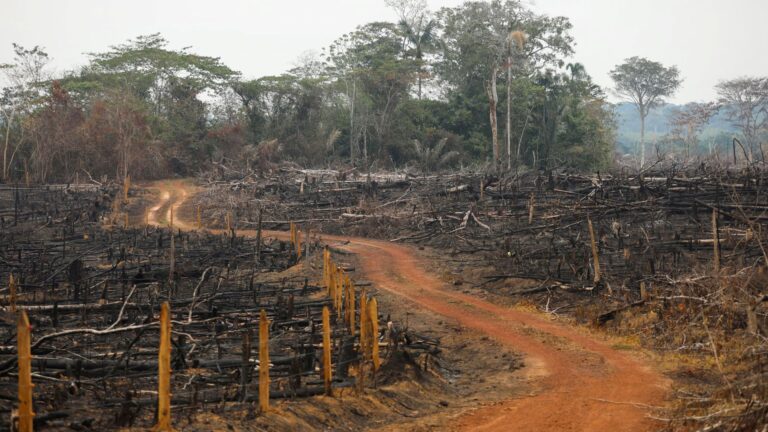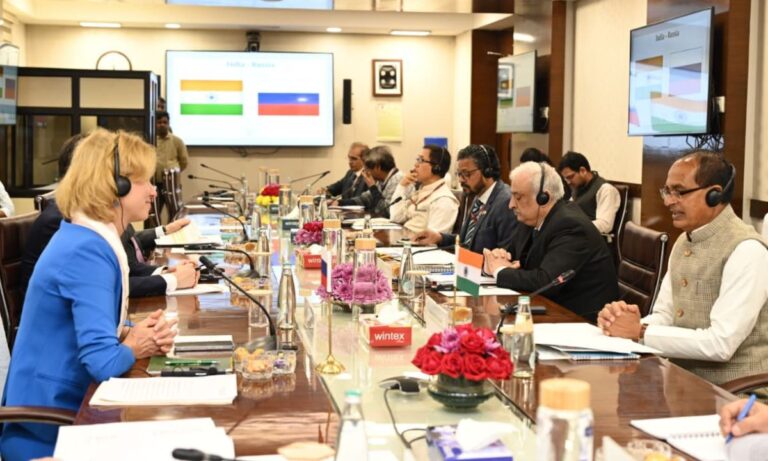
In response to the escalating health threats posed by climate change, Indian states are forging individual strategies to safeguard public well-being. Recognizing the diverse geographical and climatic profiles across the nation, authorities are tailoring distinct action plans to mitigate the impact of climate change on human health, as disclosed by government sources to Mint.
Tailored Solutions for Diverse Challenges
Officials emphasize the necessity for tailored approaches, highlighting the unique challenges faced by each state due to its distinct topography and climate. Collaborating closely with the National Centre for Disease Control (NCDC), most states and union territories have already devised preliminary drafts of their action plans, aptly named vision documents. These drafts, aimed at tackling climate-induced health hazards over the next five years, are currently under review by the Union Health Ministry.
Comprehensive Framework
The envisioned action plans encompass four main focal points: vulnerability assessment, demographic analysis, disease management, and mitigation of environmental risks. Their objective is not merely reactive but proactive, seeking to enhance adaptive capacity and equip healthcare institutions with the necessary tools to confront climate-related health crises effectively.
Empowering Healthcare Professionals
Integral to these plans is the empowerment of healthcare professionals, who will receive guidance on identifying and managing climate-related health issues. Moreover, efforts are underway to fortify medical infrastructure against climate-induced disasters, such as floods, ensuring resilience and preparedness at healthcare facilities nationwide.
Health Implications of Climate Change
The adverse health effects of climate change encompass a spectrum of ailments, ranging from respiratory disorders to vector-borne diseases. Recognizing this, the NCDC has been actively engaging with states through the National Programme on Climate Change and Human Health, facilitating training sessions and bolstering data collection mechanisms to comprehensively map health vulnerabilities.
Global Collaboration
In tandem with national initiatives, global organizations like the World Health Organization (WHO) and UNICEF are partnering with the Indian government to fortify resilience against climate-induced health threats. Joint endeavors encompass readiness planning, health vulnerability assessments, and interventions aimed at reducing air pollution and enhancing water safety.
Child-Centric Concerns
A UNICEF report sounding the alarm on the disproportionate impact of climate change on children’s rights underscores the urgency of concerted action. India ranks 26th out of 163 nations in terms of child vulnerability to climate-related health risks, with predictions of an alarming surge in climate-related deaths by 2050, disproportionately affecting vulnerable demographics.
Path Ahead
Despite delays exacerbated by the pandemic, the impending rollout of state-specific action plans signals a concerted effort to prioritize public health amidst the climate crisis. With collaborative endeavors spanning governmental, intergovernmental, and global fronts, stakeholders are poised to confront the health challenges posed by climate change head-on, fostering resilience and safeguarding the well-being of future generations.






